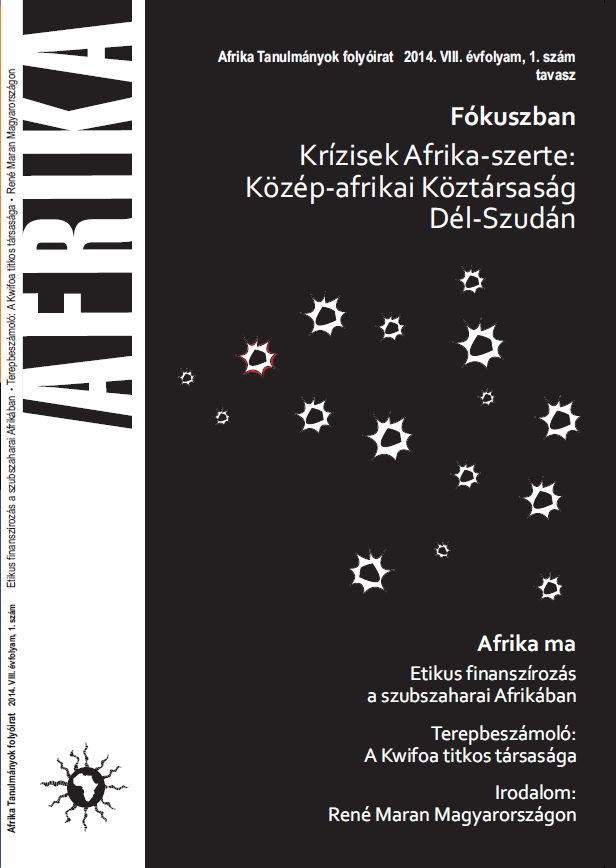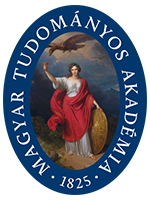Editorial
Abstract
The Hungarian Journal of African Studies (Afrika Tanulmányok) has already entered in its eighth year and this year’s first issue traditionally offers a diverse reading for all. Sándor Csizmadia’s study is truly relevant as recent months it was the Central African Republic which took over the role of the “current crisis zone” on the African continent. Hungarian soldiers are also going there to monitor peacekeeping – coordinated (and financed by) the European Union –, therefore, it is important that a senior expert briefs us in the topic which seems simple only from a distance. Still remaining in the Central African Republic, György Suha in his analysis raises a dramatic question: has France really lost Central Africa? The author himself also recognises that in Central Africa the policy of ‘Françafrique’ has almost always failed before but aims to answer the main question, offering a real intellectual delicacy to the reader. Our next actuality is unfortunately South Sudan, for which we have already devoted several articles when the country gained independence by a referendum in 2011. Now we report in with a sad title – the article’s author is Daniel Large, the translator is Áron Bánáti. The new country’s sole existence is in danger because
the once brothers in arms turned against each other. As always, it is the innocent civilians who bare the severest consequences of unleashed violence. Emese Borbély’s article draws attention on the weaknesses of monetary and capital markets by evaluating recent decades’ economic crisis and at the same time points at the possible ways out such as micro financing, other means of community financing and solutions resulting in sustainable development. As usual, Szilárd Biernaczky’s paper is interesting despite its abstraction as the author endeavours for no less than “sketching up the history of the ‘real’ sub-Saharan literature”. He concludes that René Maran’s novel is not only preceding the 1950’s with half a century but with 15-20 years the birth of négritude, too. Next, Ildiko Turóczi guides us to the ‘tribal kingdoms’ of North-Western Cameroon. We may learn a great deal about the traditional family roles of men and women, ancient spirituality and the secret societies of men and women, moreover the author’s own pictures help us understand the topic too. We wish everyone a pleasant reading and a meaningful time!
Gábor Búr
editor-in-chief
Downloads
Published
How to Cite
Issue
Section
License

This work is licensed under a Creative Commons Attribution-NonCommercial-NoDerivatives 4.0 International License.
















